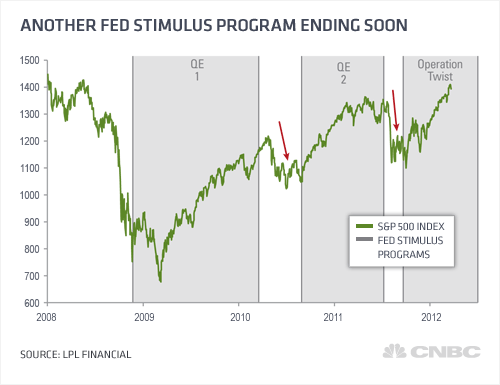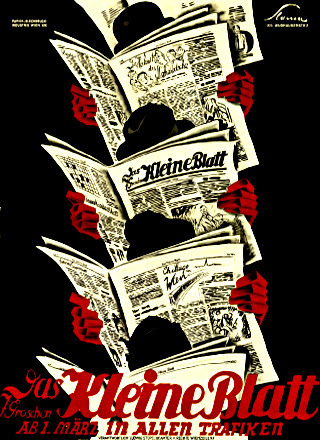"Lasciate ogne speranza, voi ch'intrate."
Dante, The Inferno
Forbes has been head and shoulders above the rest of the mainstream media in reporting on MF Global.
Francine McKenna provides an excellent summation of the entire three part scandal.
Part one. There was the conscious transferring of customer assets to meet a margin call by JP Morgan in London in what was intended to be an 'over the weekend' transaction with the funds replaced on Monday. Edith O'Brien is at the center of this, although it is almost inconceivable that she acted alone.
Part two. In part the failure of MF Global was caused by the refusal of certain parties to honor requests for wire transfers of legitimate funds. These parties almost certainly had insider knowledge of MF Global's finances, and may have even had a financial interest in MF Global's failure.
Part three. In hiding funds seized at the last hour from MF Global, and using influence to steer the bankruptcy to Chapter 11 versus the much more appropriate Chapter 7, certain parties, which may include some regulators most likely at the SEC and CFTC, and the hiding of the funds from investigators and the customers, it is quite possible that there was a conspiracy to obstruct justice.
And as in all scandals such as this, it is the obstruction of justice that can become the real giant killer in covering up 'a third rate burglary.'
Obviously neither Francine McKenna or I have all the facts. The way in which the bankruptcy was handled helps to insure that. And of course in the US people have the right to plead the Fifth Amendment, and are 'innocent and proven guilty.'
Plausible deniability and the 'CEO defense' are very much
en vogue these days, which is ironic because as in the case of Enron, the defense if invoked by exceptionally well-compensated 'professionals' who were being paid for their performance and expertise. Until something goes wrong that is, and then no one knows anything. And this is why corporate America hates Sarbanes-Oxley, because it strikes to the heart of that plausible deniability, and says, 'you should know.'
From my perspective, MF Global is a symptom of what is wrong with the system in addition to being a shocking injustice. It has all the elements of a system gone wrong. White collar criminality, privileged elites, the double standard of law, secretive proceedings, craven media, posturing Congressmen, non-involved Justice Department, seizure of private property, compromised regulators, and a culture of fraud and deceit that serves the monied interests above all else, above oaths and honor. The sign on the entrance to the Anglo-American financial system should read,
'Abandon all hope. ye who enter here.'
There will be no sustainable recovery until the banks are restrained and the system is reformed.
Forbes
The Story Behind Today's MF Global Congressional Testimony
By Francine McKenna
3/28/2012 @ 5:15PM
If the only stories you read about MF Global come from the major daily media reports and congressional testimony, you’ll miss most of the truth and quickly become confused about who knew what and when. The Wall Street Journal, New York Times, and Reuters, in particular, have gone back and forth on the story many times, flip-flopping around with every new leak, every new published document, every supposed scoop. I’d have whiplash by now if I’d jerked my head one way and then the other and back again as often as their reporters have when telling you, today, who done it.
What you should really wonder is why none of these reporters are doing any real investigative work. Why aren’t the reporters cultivating sources other than those who have a strong motivation for steering the story in one direction and then another, perpetuating misdirection and buying time until they they figure out the political and practical ramifications of what really went on? Why aren’t they reporting the corrections and contradictions to the versions they’ve been repeating?
I’m sticking to the same theory I’ve had since I published it here on November 9th: MF Global and its executives ran out of time and legitimate sources of funding for the growing amount of collateral demands on the sovereign debt repo-to-maturity transactions and customer redemption requests. By Wednesday October 26, 2011 they were out of options. They had no plan to file bankruptcy until they were forced to at least plan for the contingency and, according to the first day filings with the bankruptcy judge, hired Skadden on Friday the 28th.
Corzine and Co.’s goal was to sell the company or, at least, the broker dealer. To do that required keeping it all viable until that deal could be sealed. To do that, I believe, senior executives illegally pledged customer assets – Treasuries and Bunds – as collateral for a short-term loan over the weekend of the 28th. The plan was to put those assets back in the accounts when the buyer paid. Unfortunately for everyone, MF Global was forced to file Chapter 11 on Monday October 31. General Counsel Laurie Ferber did not admit until later that day that executives had “discovered a significant shortfall in its segregated funds account”.
Unlike similar bankruptcies before that – Lehman and Refco – the broker dealer was not sold cleanly. There was eveidence of potential fraud on day 1, October 31. The regulators never should have allowed the holding company to be put in Chapter 11 – debtor in possession – versus Chapter 7. By doing so, Judge Glenn allowed the pirates – the executives who caused the shortfall – to continue to control the ship until Freeh was appointed Trustee for the holding company a month later.
The customer assets that had been illegally pledged were seized by the “lender of last resort” as soon as bankruptcy occurred. I have evidence someone was worried almost immediately about a clawback. That party took the excess collateral for the loan as well as the value of what they lent. They will have to be forced to give it back.
And with that you explain the huge hole in the balance sheet.
Everything we’ve heard since then – revelations, testimony, secret emails and admissions – supports my theory. They only thing left is to identify the “lender of last resort”...
Read the rest here.
"It is no use trying to escape their arrogance by submissiveness and good behaviour. They pillage the world. When the land has nothing left to ravage, they scour the sea. If an enemy is rich, they are greedy, if he is poor, they lust for dominion; neither the east nor the west has been able to satiate them.
Among mankind they alone covet with the same greed both the poor and the rich. To plunder, to massacre, to steal, this they call Empire; and where they make a desert, they call it peace."
Tacitus, Agricola





































